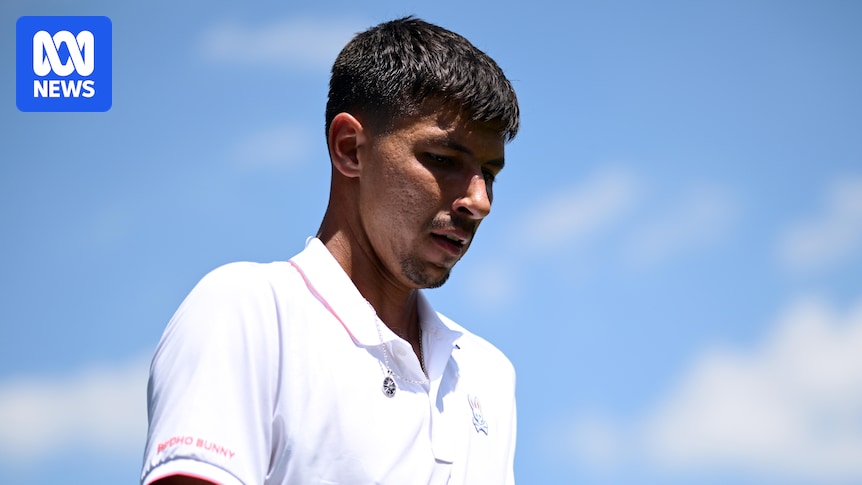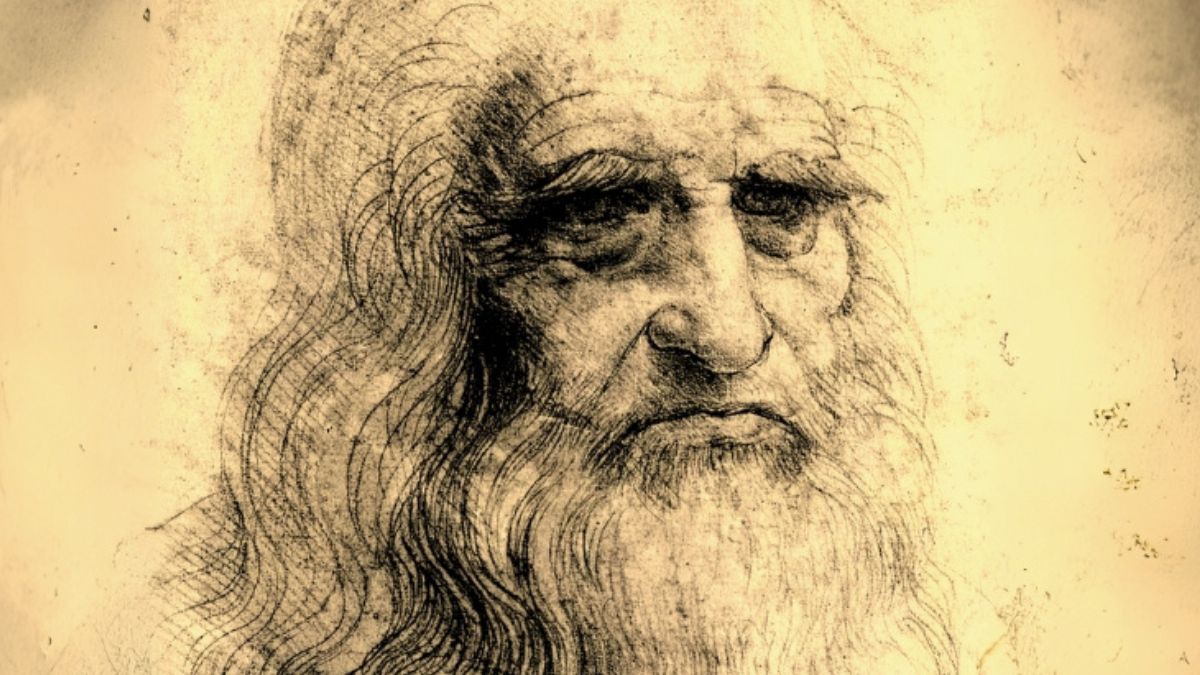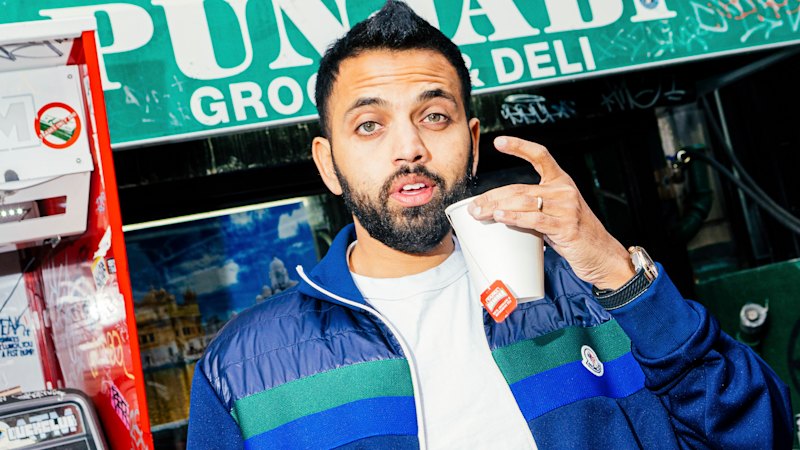
George Orwell’s 1984 and an Ed Sheeran B-side are not typically uttered in the same sentence. Yet, this curious combination of dystopian science fiction and global pop music helped Alexei Popyrin disconnect from the rigors of professional tennis. The Australian tennis player, who faced a shock exit from Wimbledon in June after losing to world number 461 Arthur Fery, found himself needing a break.
“I was numb,” Popyrin told ABC Sport. “I didn’t feel sad. I didn’t feel happy. I just felt kind of like, yeah, this is what happens and I’ve never had that feeling before in my career, so for me it was very important to kind of figure out why very quickly and take some time for myself and my team.”
In search of respite, the 26-year-old and his fiancée, Amy, flew to Bermuda, where Popyrin rekindled his love for reading. He has since been engrossed in books, particularly in the sci-fi and fantasy genres.
A Personal Resurgence
“I’ve really gotten hooked on reading. I’ll basically do that in all my free time right now,” Popyrin shared. “I’m reading this series called Red Rising and it’s been really good but right now I’m reading a classic book called 1984 by George Orwell. It was really nice to disconnect and spend time with the people that I love.”
Adding to his personal rejuvenation was a concert by Ed Sheeran, his favorite musician, in Ipswich, England. “My favorite Ed Sheeran track is probably one that not many people know. It’s called ‘You Need Me, I Don’t Need You,'” he explains.
Challenges and Changes
Despite reaching a career-best ranking of 19 this month, 2025 has been challenging for Popyrin. He dropped 18 places just before the US Open but remains Australia’s second-ranked male player, behind Alex de Minaur. A change in coaching—now working with two coaches—and a dip in his mental health have presented hurdles. Yet, Popyrin believes he is a stronger player now than last year, when he defeated Novak Djokovic in the US Open’s third round.
“I’ve got a pretty good record against top-10 players and for me the most important part is trying to get to that level, trying to be a top-10 player myself,” he said.
Striving for Consistency
The victory over Djokovic was part of a dream run for Popyrin, which included winning his maiden Masters 1000 title—the first Australian to do so since Lleyton Hewitt in 2003. This year’s US Open presents another opportunity for Popyrin to demonstrate his consistency.
“I’ve always been able to show up for the big matches against the big guys and cause trouble for them. But I’ve also not been consistent in beating the players that I should be beating,” he admitted.
Facing a challenging draw, Popyrin is undaunted by the prospect of playing world number one Jannik Sinner in the second round at Flushing Meadows. “I’m the kind of player that enjoys those kind of matches, but all focus on the first round right now,” he said, with Finnish player Emil Ruusuvuori as his initial opponent.
Addressing Burnout
After navigating burnout, Popyrin believes he is on the right path to finding consistency. “Burnout is a very, very big thing in tennis right now,” Popyrin said. “And I think a lot of it has to do with the two-week schedules, two-week Masters events. It’s a new thing that the coaches and the players don’t really know or are 100 percent capable of scheduling correctly just yet.”
Burnout continues to plague the professional tennis circuit, with de Minaur joining the chorus of players who say there is too much tennis.
“I was never one to kind of really focus on my mental health … I wasn’t really one to think that I could really burn out,” Popyrin said. “But after that Wimbledon [loss], I had to take a step back and figure out where did it all go wrong and where did we kind of make a mistake in terms of scheduling.”
Popyrin and his team quickly identified and rectified the issue. “When you’re young and you’re motivated you can play a lot of tournaments but as you get older… it starts to become a grind. Right now, I’m being called a veteran on tour, which is crazy. But I think I’ve learned a lot about myself and the way that I approach my whole career and I’m definitely taking a different outlook on it right now.”
As Popyrin prepares for the US Open, his journey underscores the importance of mental health and strategic planning in professional sports. With a renewed focus and a passion for both tennis and personal well-being, he aims to translate his potential into consistent success on the court.






